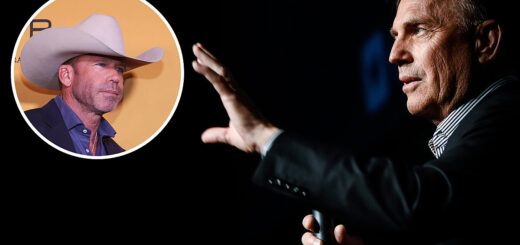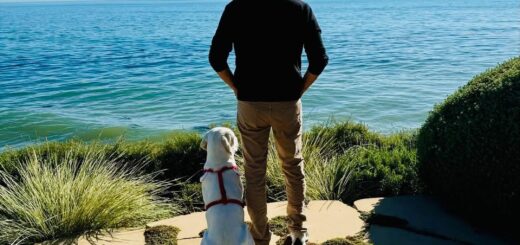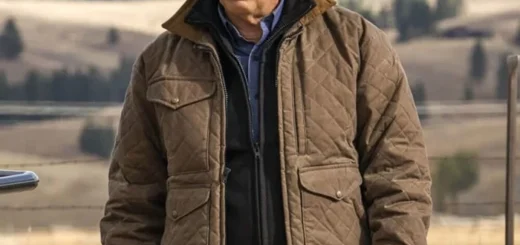“Love, Laughter, and Golf: Kevin Costner’s Overlooked Gem from 29 Years Ago”
Golf, Love, and a Legend: Reappraising Kevin Costner’s Tin Cup 29 Years Later
Golf has a way of humbling even the most confident among us. Mark Twain once famously quipped that it’s “a good walk, spoiled.” Between its mental challenges and emotional frustrations, golf offers the perfect setting for both drama and comedy. That’s why it’s no surprise that Apple TV+’s Stick, starring Owen Wilson as a washed-up golf pro mentoring a young phenom, feels so reminiscent of one of the genre’s greatest: Tin Cup.
Released in 1996 and directed by Ron Shelton, Tin Cup stars Kevin Costner as Roy McAvoy, a once-promising golf talent turned small-town driving range pro, whose life and career have been derailed by his own ego and obsession with the game. Much like Wilson’s character in Stick, Roy is held together only by his eccentric charm and the patience of his loyal caddy, Romeo (Cheech Marin), who sticks by him through his self-inflicted chaos.
Costner is no stranger to sports films—particularly baseball—but Tin Cup stands out as one of his finest roles and easily ranks among the best golf movies ever made, alongside classics like Caddyshack and Happy Gilmore. As always in a Shelton-Costner collaboration, the film is more than just about the game. Beneath the surface, there’s a sharp romantic undercurrent, brought to life by Rene Russo as sports psychologist Dr. Molly Griswold.
Costner and Russo Bring Heart to the Fairway
If golf is a game of inches, the most important are the six inches between your ears. That’s especially true for Roy, a man overflowing with natural talent but lacking the mental discipline to win. Costner, a skilled amateur golfer in real life, plays Roy with a mix of reckless bravado and vulnerable charm, showing how fragile the line is between greatness and self-destruction.
Russo’s Molly is the perfect counterbalance. Intelligent, grounded, and emotionally guarded, she begins the story as Roy’s reluctant sports shrink—and quickly becomes the only person capable of untangling his psychological mess. Her character undergoes a satisfying arc, shedding her clinical detachment as she becomes immersed in Roy’s chaotic world. Their chemistry elevates the film from light rom-com to something deeper, more human.
The film’s authenticity is further enhanced by cameos from real-life golf legends like Fred Couples, Corey Pavin, and Lee Janzen, grounding the story in the real-world PGA Tour atmosphere.
From Fiction to Fairway: Tin Cup Left a Mark on Golf Culture
A true measure of a movie’s impact is how it embeds itself into culture—and Tin Cup did just that. Today, “tin-cupping” is common slang among golfers, referring to a player who unravels mentally or makes a reckless decision on the course, much like Roy’s infamous meltdown in the film’s unforgettable finale. Determined to go for glory rather than play it safe, Roy repeatedly hits ball after ball into the water during the final hole of the U.S. Open, sacrificing victory for pride.
It’s a defining moment that perfectly encapsulates the film’s themes: ego vs. logic, heart vs. head, and the fine line between brilliance and madness.
Shelton’s direction nails the idiosyncrasies of golf without losing its humor or emotional heart. What could have been a dry, elitist story becomes something deeply relatable and entertaining, thanks in large part to Costner’s gift for bringing depth and soul to everyman characters—whether he’s in the outfield, on horseback, or gripping a 7-iron.


